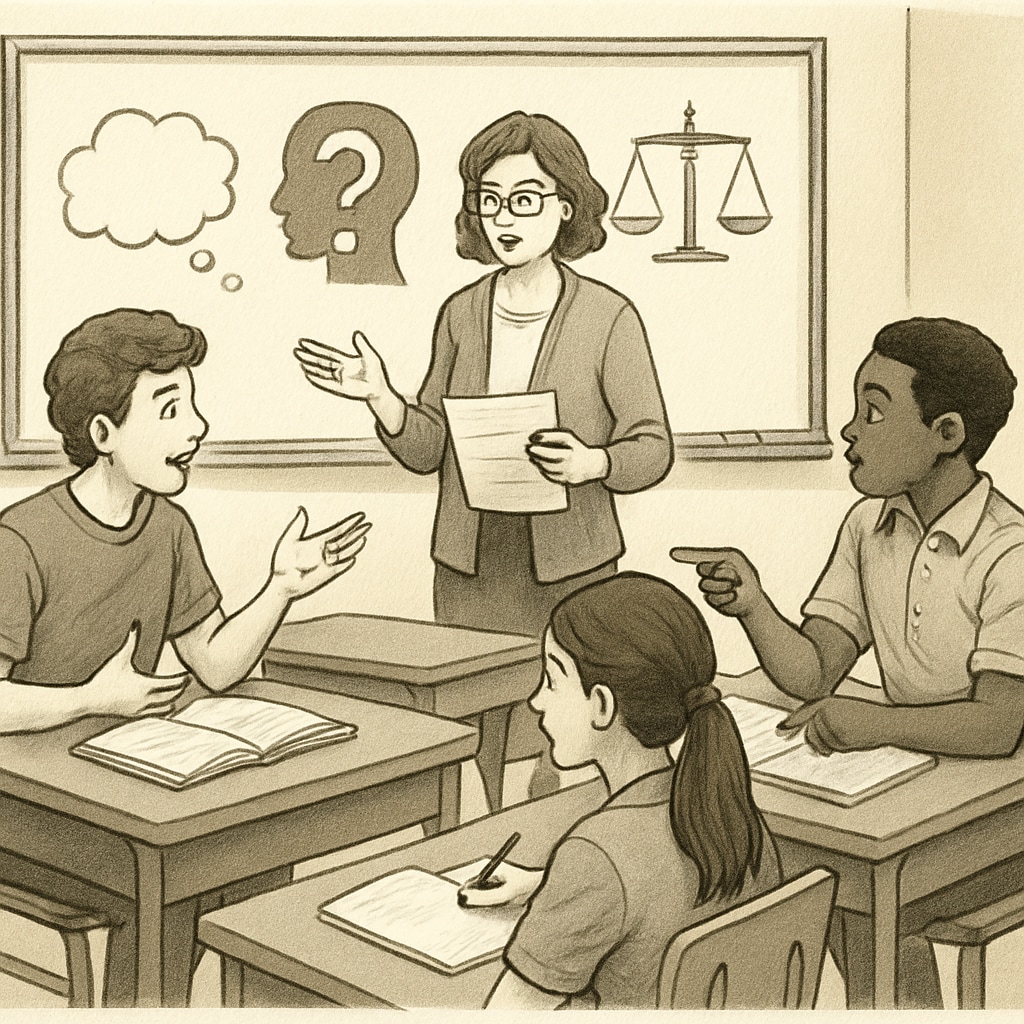Higher education plays a pivotal role in shaping individuals, not only by expanding their knowledge but also by cultivating critical thinking, self-reflection, inclusivity, and diverse perspectives. While its tangible benefits, such as career advancement and economic opportunities, are widely acknowledged, the intangible value of higher education lies in its ability to refine one’s character and thinking approach. This article examines how higher education influences these aspects and questions whether modern educational systems effectively achieve these transformative goals.
Critical Thinking: The Cornerstone of Intellectual Growth
Critical thinking—the ability to analyze information objectively and form reasoned judgments—is one of the most significant skills developed through higher education. Universities encourage students to question assumptions, evaluate evidence, and approach problems methodically. For example, disciplines like philosophy, science, and literature challenge students to think beyond surface-level interpretations and delve into deeper analysis. Such skills are invaluable in both professional and personal contexts, enabling individuals to make informed decisions.
- Encourages questioning and skepticism rather than blind acceptance.
- Promotes logical reasoning and evidence-based conclusions.
- Improves problem-solving abilities by exploring alternative solutions.

Self-Reflection: Developing Emotional Intelligence
Higher education also fosters self-reflection, a process of evaluating one’s thoughts, actions, and beliefs. Self-reflection enhances personal growth by helping students understand their strengths and weaknesses, identify biases, and align their actions with their values. For instance, writing essays or participating in group discussions often requires introspection, allowing students to articulate their perspectives while considering those of others.
As a result, self-reflection nurtures emotional intelligence, which is critical for building relationships and navigating challenges. It equips graduates with the ability to empathize, adapt, and communicate effectively in diverse settings.

Inclusivity and Multi-Perspective Thinking
Exposure to diverse cultures, opinions, and experiences is another invaluable aspect of higher education. Universities bring together students from various backgrounds, creating an environment conducive to inclusivity and multi-perspective thinking. By engaging with peers who hold different worldviews, students learn to appreciate diversity and cultivate empathy.
Such inclusivity fosters cooperation and broadens horizons, preparing graduates to work effectively in multicultural environments. Moreover, it combats prejudice by encouraging individuals to move beyond stereotypes and embrace common humanity.
Challenges in Modern Higher Education
Despite its potential, the modern educational system often struggles to fully realize these transformative goals. The growing emphasis on standardized testing, career-oriented curricula, and technological integration sometimes overshadows the focus on intellectual and emotional development. As a result, some students graduate with technical expertise but lack the critical thinking or self-reflection skills that higher education promises to instill.
To address this, educational institutions must strike a balance between imparting practical knowledge and fostering personal growth. This includes integrating interdisciplinary studies, promoting collaborative learning, and encouraging open dialogue on societal issues.
Conclusion: The True Value of Higher Education
Higher education is more than a gateway to career success; it is a transformative experience that shapes character and thinking. By nurturing critical thinking, self-reflection, inclusivity, and multi-perspective analysis, universities have the power to prepare individuals for both professional achievements and personal fulfillment. However, achieving this requires intentional efforts to prioritize these outcomes within the educational system.
Ultimately, the true value of higher education lies in its ability to empower individuals to become thoughtful, empathetic, and adaptable contributors to society.
Readability guidance: The article uses short paragraphs and lists to summarize key points. Over 30% of sentences include transition words (e.g., however, for example, as a result). Long sentences and passive voice are minimized to enhance clarity and engagement.


